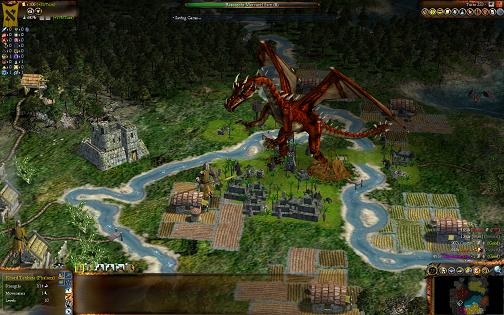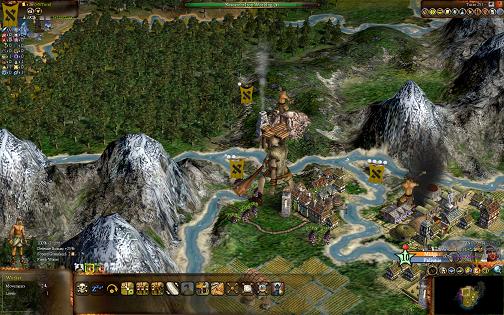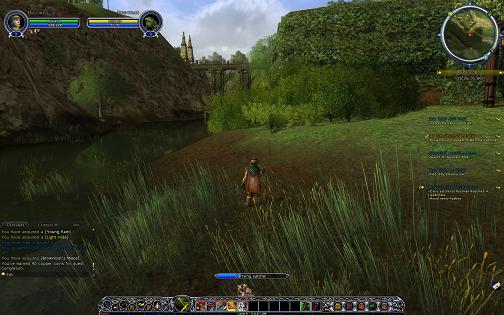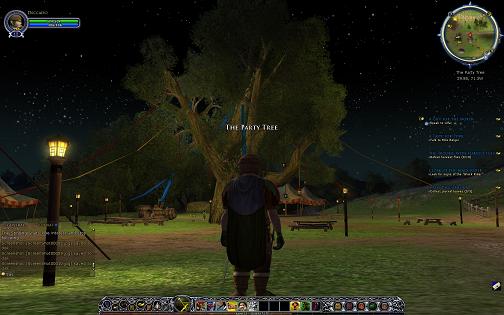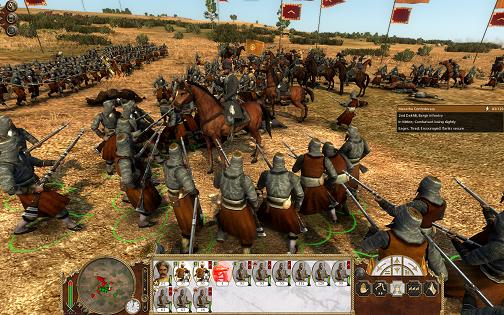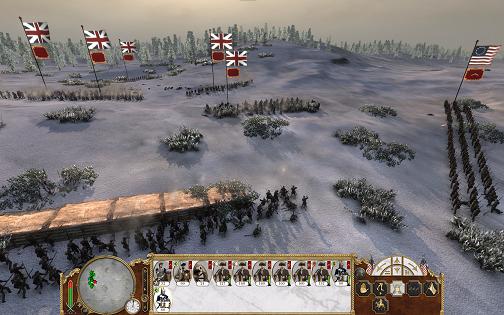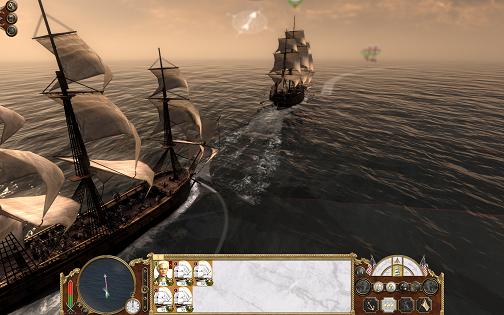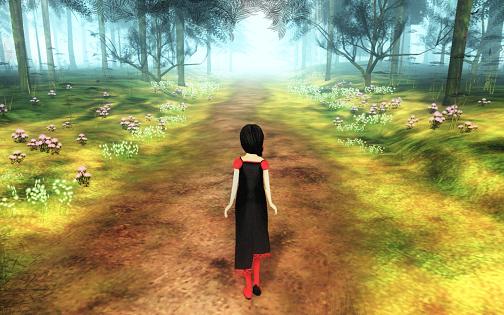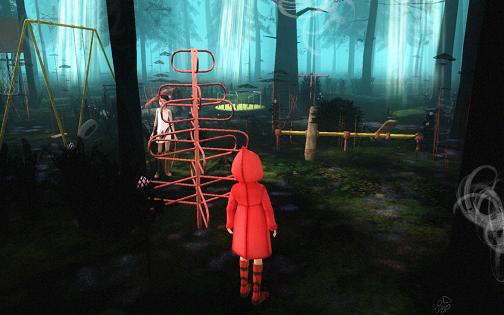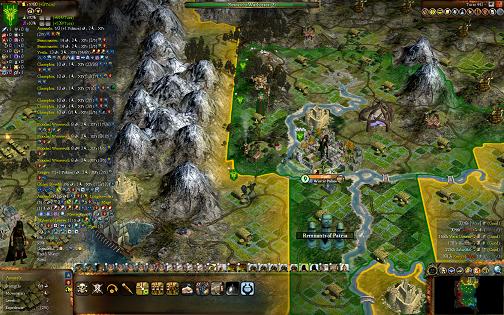
One of the most important lessons any aspiring designer can learn is to heed Sid Meier’s dictum that a good game is a series of interesting decisions. This is precisely what the dark fantasy-themed Fall from Heaven 2 is all about. There is no point in the game where a particular path of action becomes so overbearingly obvious as to make the choice a non-decision. While the ultimate objective remains, as in any 4X game, to achieve complete dominance over the other factions, there are many different paths to this end and countless means within each path to advance along it.
Fall from Heaven 2 of course benefits from being a mod of Civilization 4 which provides it with a sound base to work on, but the new mechanics, factions, units, religions and events it adds makes it a worthy game more than capable of standing on its own. The cornucopia of choices begins with choosing one of a total of 21 available factions. Each faction generally has two different leaders available. Then there’s a total of 7 religions to pick from, each of which offers synergies different enough to drastically alter your playstyle. Next, you’ll want to think about which victory condition to shoot for. In addition to the ones already in Civilization 4, the Alpha Centauri victory is replaced by the Tower of Mastery victory inspired by the venerable Master of Magic game and there’s a religious Altar of Luonnatar victory condition.
